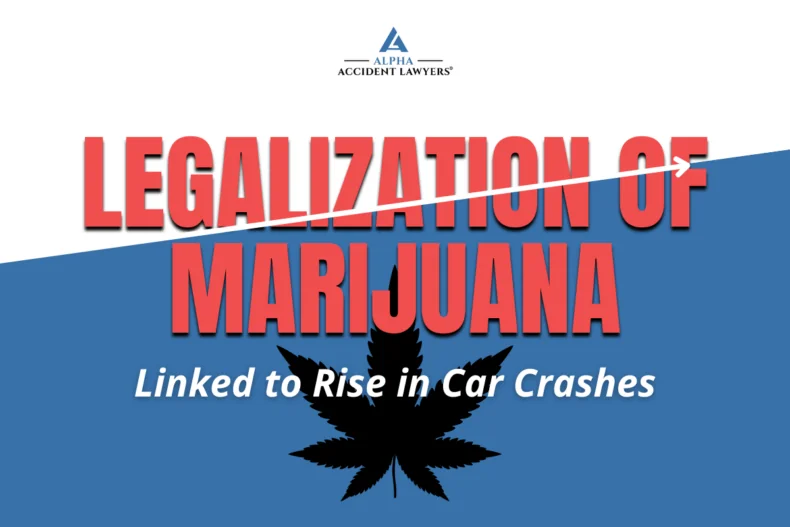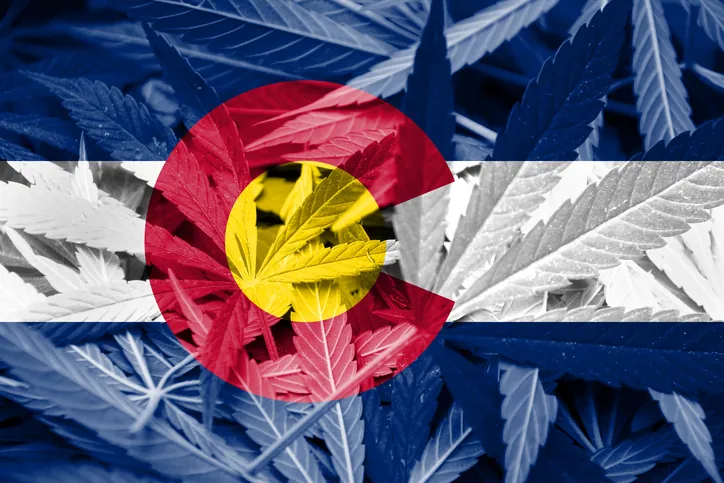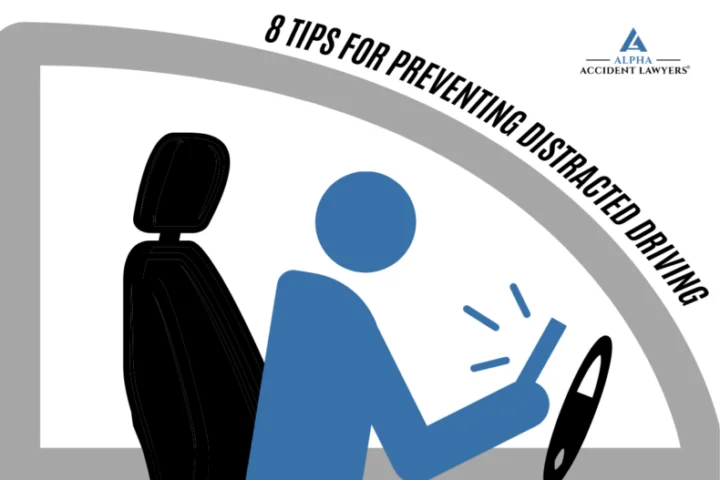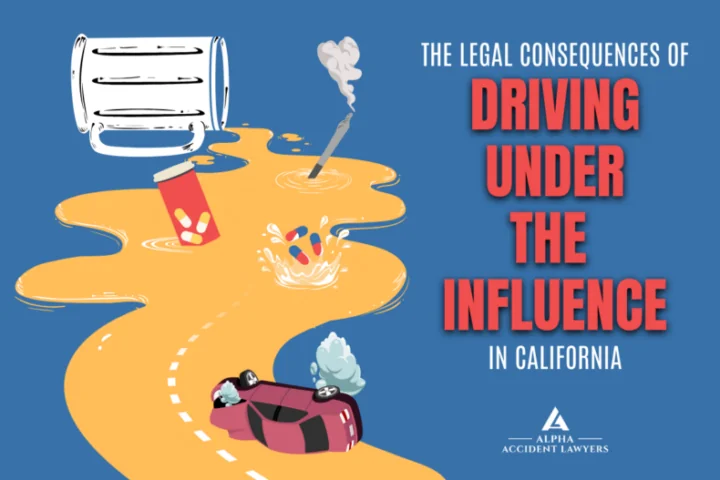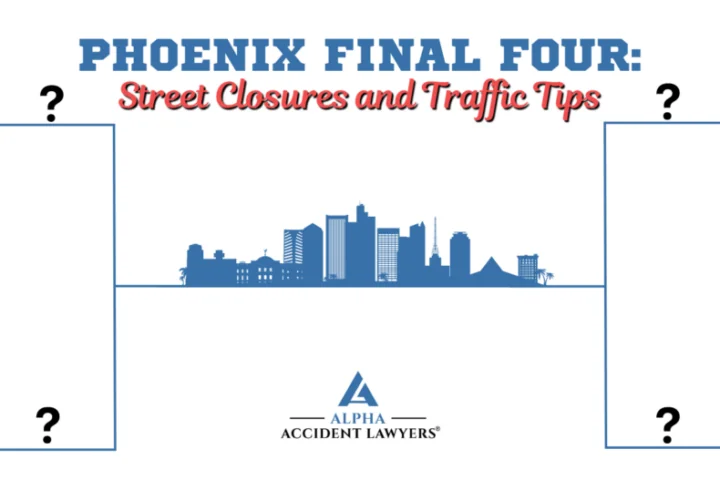April 20th, also known as 4/20 (the origins of which will be discussed later), has become an informal holiday of sorts for the estimated 17% of Americans who reportedly smoke marijuana.
As the legalization of cannabis continues to trend across the US, the newfound freedom sparks reason for some to celebrate on Saturday–which should be fine as long as it’s done so responsibly.
While retail, possession, and overall public safety regulations have been implemented, concerns have grown since the legalization, correlating to a reported increase in traffic accidents with recreational marijuana use–particularly in Colorado.
Here is what data indicates and how 4/20 may play a role.
A Brief History: 2014 Colorado Legalizes Weed
The year is 2012, and after years of debating, more than 55% of voters passed Amendment 64, taking the position as one of the first states (alongside Washington) to permit recreational cannabis in the United States beginning in 2014.
In the first full year of sales, Colorado amassed nearly $700 million in marijuana sales.
As time went on, between 2014 and 2017, there were over 430,000 new entity business filings in the marijuana industry, not just in Denver but throughout the whole state. This meant more retailers, more cultivation and production facilities, more testing facilities, and overall more employment opportunities. As of 2023, marijuana sales hit $15 billion.
General Recreational Marijuana Laws in Colorado
To regulate marijuana legalization, Colorado weed laws have undergone revisions over time, with government officials allowing cities, counties, schools, universities, and employers to set personal regulations. The general legal rules for using and possessing marijuana are as follows.
Possession Limits
Adults 21 and over can possess up to 2 ounces of marijuana. Exceeding the legal limit may result in a drug petty offense, fines, and other penalties.
Driving Laws
Any form of impaired driving, regardless if legalized drug use is recreational or medical, is illegal and subject to a driving under the influence (DUI) arrest.
According to the Colorado Department of Transportation, a person exceeding 5 nanograms of delta-9 tetrahydrocannabinol (THC) per milliliter of whole blood can be prosecuted for a DUI. This can carry hefty fines, loss of license, and even jail time.
Additionally, drivers and passengers of a parked or moving motor vehicle are restricted from having an open marijuana container present. Signs of a broken seal, consumption, or marijuana use within a vehicle can result in a punishable offense.
Public Consumption
Consumption of marijuana in any form (smoking, eating, vaping) is strictly prohibited in public areas. This includes but is not limited to, outdoor and indoor spaces like sidewalks, parks, amusement parks, concert venues, businesses, restaurants, cafes, bars, and common areas in apartment buildings or condominiums.
Federal Land Restrictions
Due to marijuana’s classification as illegal under federal law, its use is prohibited on all federal lands. This includes national parks, national forests, and areas like ski slopes.
Non-Restricted Areas
Private property is the safest and most free space for marijuana use. However, property owners have the option to ban renters from use and/or possession while living on their properties. Hotels may also restrict use.
Car Accident Rate in Colorado Since Marijuana Legalization
While there has been a decade’s worth of economic growth, research shows that there is a direct correlation between the legalization of recreational marijuana and personal injury accidents, such as car accidents.
In fact, a study conducted by the University of Illinois Chicago School of Public Health found a 10% increase in motor vehicle accident deaths in states associated with cannabis markets–including Colorado.
By comparing fatality trends in states with newly implemented recreational markets to those with established medical marijuana programs and historically similar death rates, analytics revealed a notable rise in fatal crashes in Colorado (16%), Oregon (22%), Alaska (20%), and California (14%).
Additionally, it has been reported that there is a 12% increase in traffic crashes on April 20th after 4:20 P.M., compared with the same time intervals on control days.
There are now 24 states, along with the District of Columbia and Guam, that have acted to legalize recreational marijuana use. Here is a full list of states where recreation is now legally permitted and how each state regulates its use.
How Marijuana Affects Driving
After alcohol, marijuana is the most associated substance or drug to impaired driving. Previous studies have found that cannabis does, in fact, hinder driver ability.
In a meta-analysis of 60 studies, it was concluded that marijuana caused impairment in every performance connected to driving, impacting the areas of the brain responsible for critical driving skills such as reaction time, decision-making, coordination, and perception.
These impairments significantly increase the risk of a crash occurring. The National Highway Traffic Safety Administration (NHTSA) reports that 56% of drivers involved in a serious injury or fatal car accident were driving under the influence.
A Hazy History: What Does 4/20 Mean and Where Did It Come From?
From the assumed number of active chemicals in marijuana to a Bob Dylan line, “Everybody must get stoned,” in Rainy Day Women No. 12 & 35 (12 multiplied by 35 equals 420), the origins of the infamous date have been debated, embellished, and sometimes fabricated for decades, leaving some to continuously ponder, Why is 420 weed day?
However, the most accepted explanation dates back to 1971 and is associated with a group of students from San Rafael High School in California. The lore goes that the teens would ritualistically meet at 4:20 P.M. after football practice to smoke by a wall, earning them the nickname, the “Waldos.”
Later, a brother of one of the friends would become close to Grateful Dead bassist, Phil Lesh. As a result, the Waldos bunch began hanging out in the band’s circle. Soon thereafter, the 4/20 slang spread, eventually garnering cultural significance.
420 has even been recognized by the Oxford English Dictionary, crediting the Waldos as the earliest documented users of the term with evidence from the friends themselves through postmarked letters and other artifacts from the 70s.
Colorado’s Top Personal Injury Attorneys
Like any holiday or observance, celebrate responsibly. Driving impaired by any substance is illegal, regardless if it is prescription or legalized recreational use.
Like drunk driving, any driver found guilty of negligence and reckless actions will be liable for any damages they caused to another party.
If you or a loved one are a victim of a drunk or drugged driving accident, you deserve compensation for your injuries and other damages.
The car accident attorneys at Alpha Accident Lawyers understand Colorado’s traffic laws and cannabis regulations, and we know how to get you the justice you deserve. Schedule a free consultation with our Denver law firm today to learn how.
